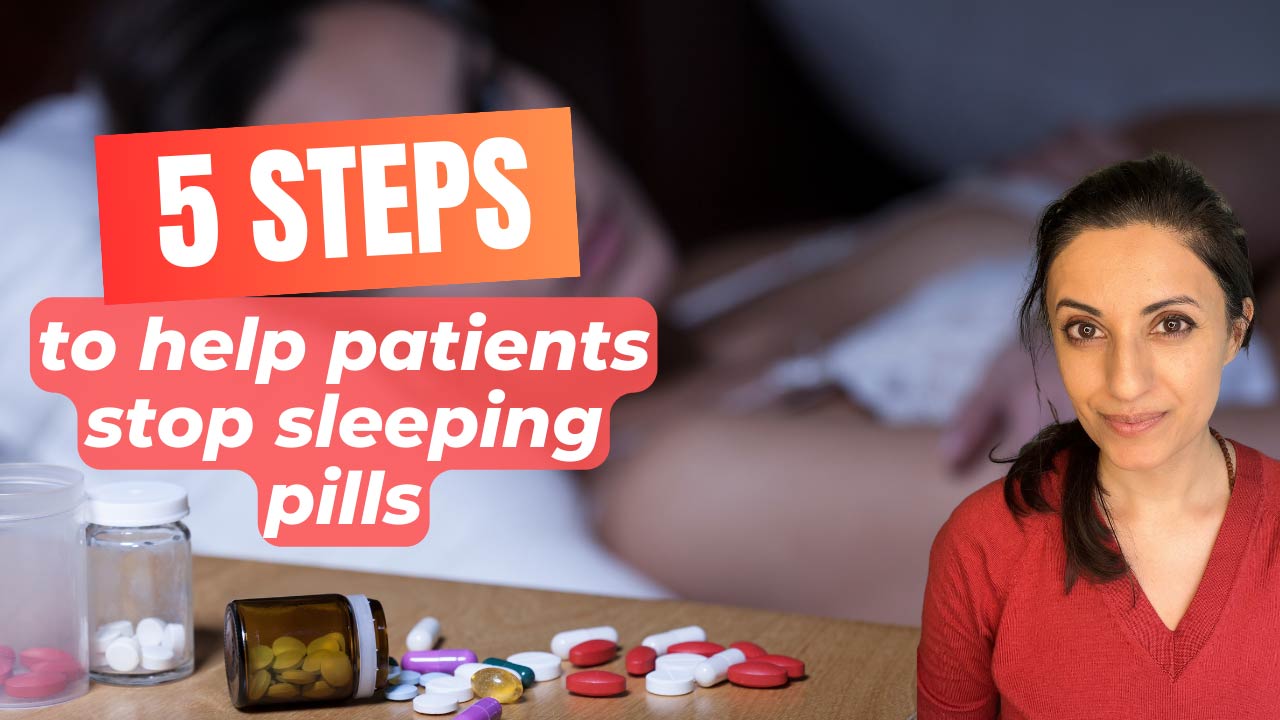
How do you respond when people request sleeping pills? What is a strategy for tapering sleeping pills? In this video, Dr. Nishi Bhopal MD, board certified sleep physician and psychiatrist, is sharing 5 steps to handling requests for sleep aids. Physicians can get CME credits for watching this video.

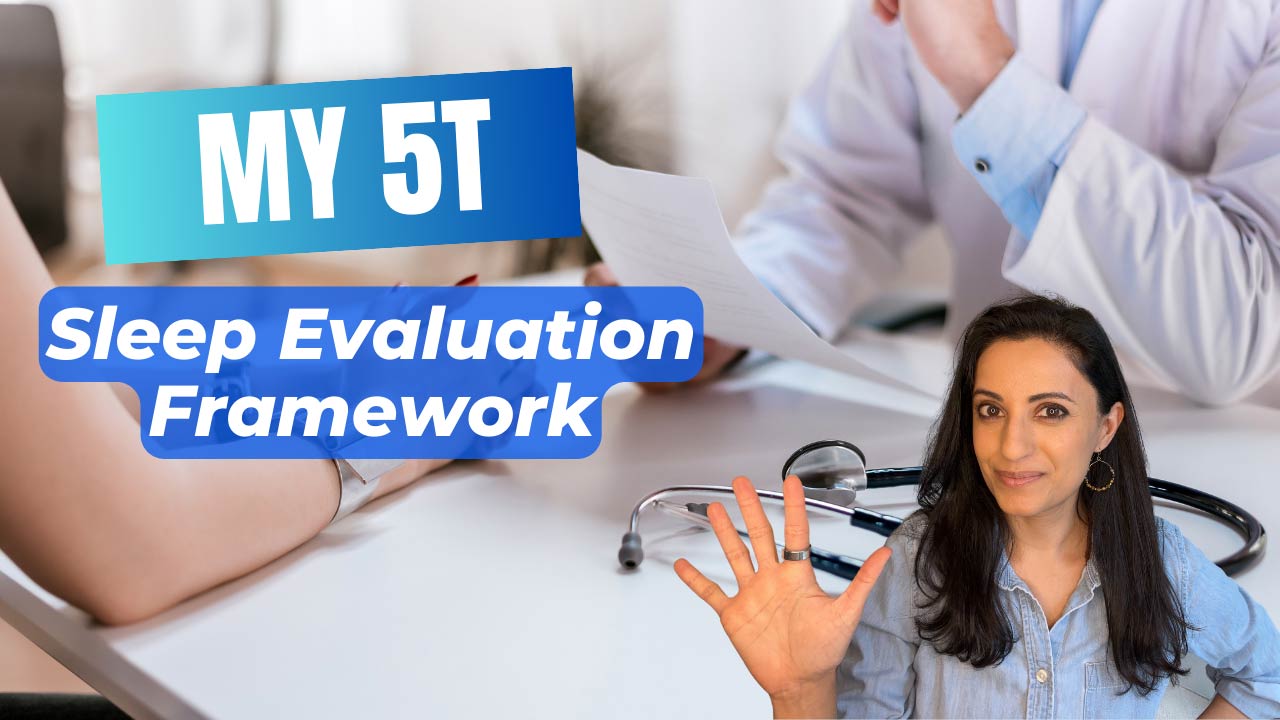
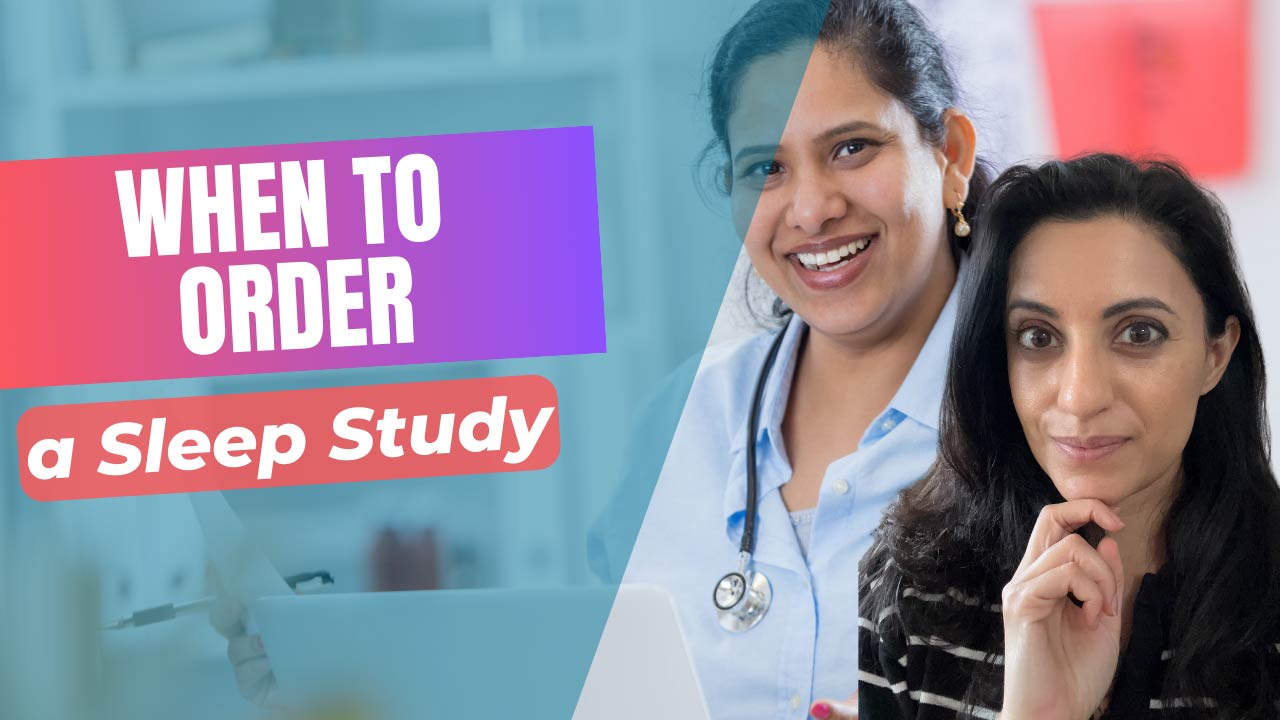
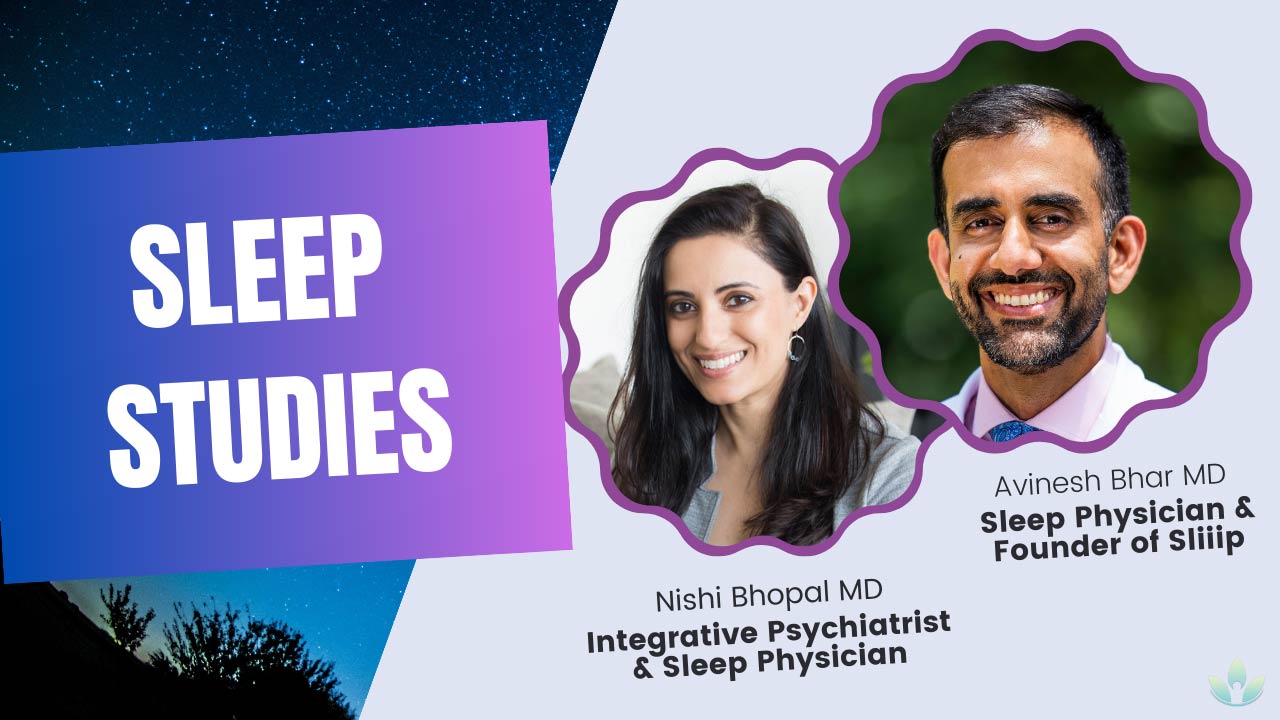
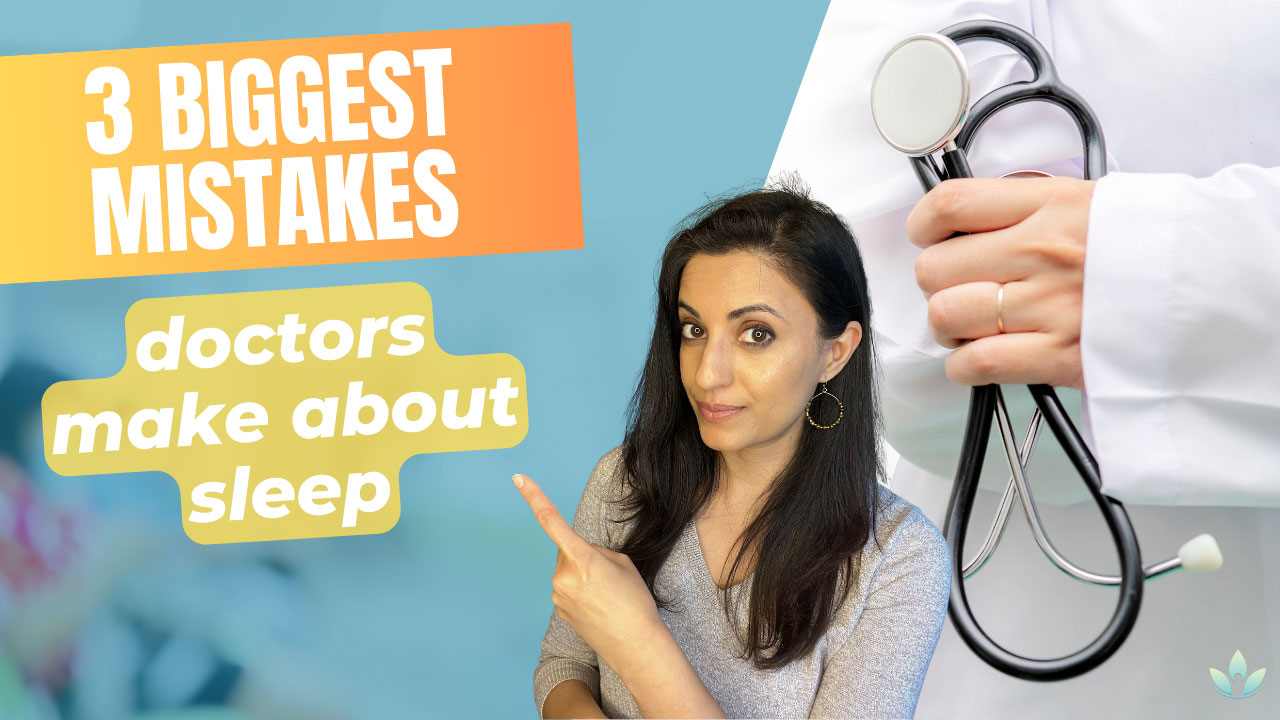
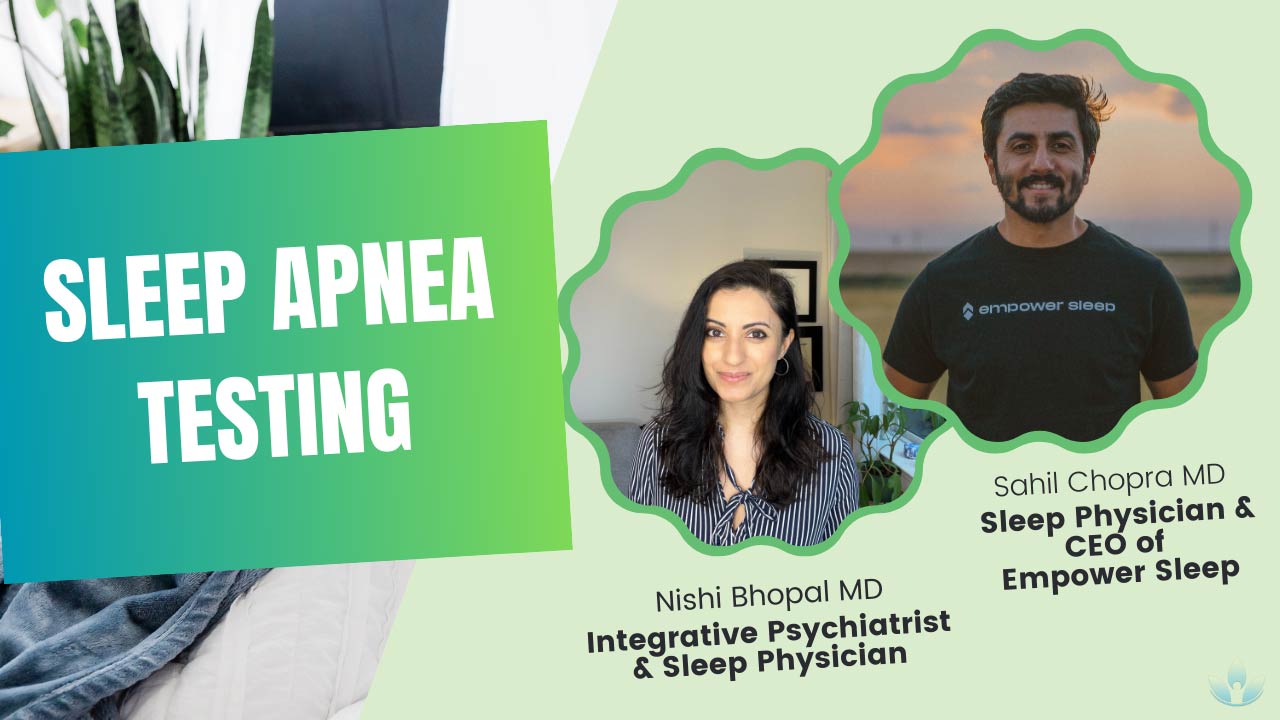
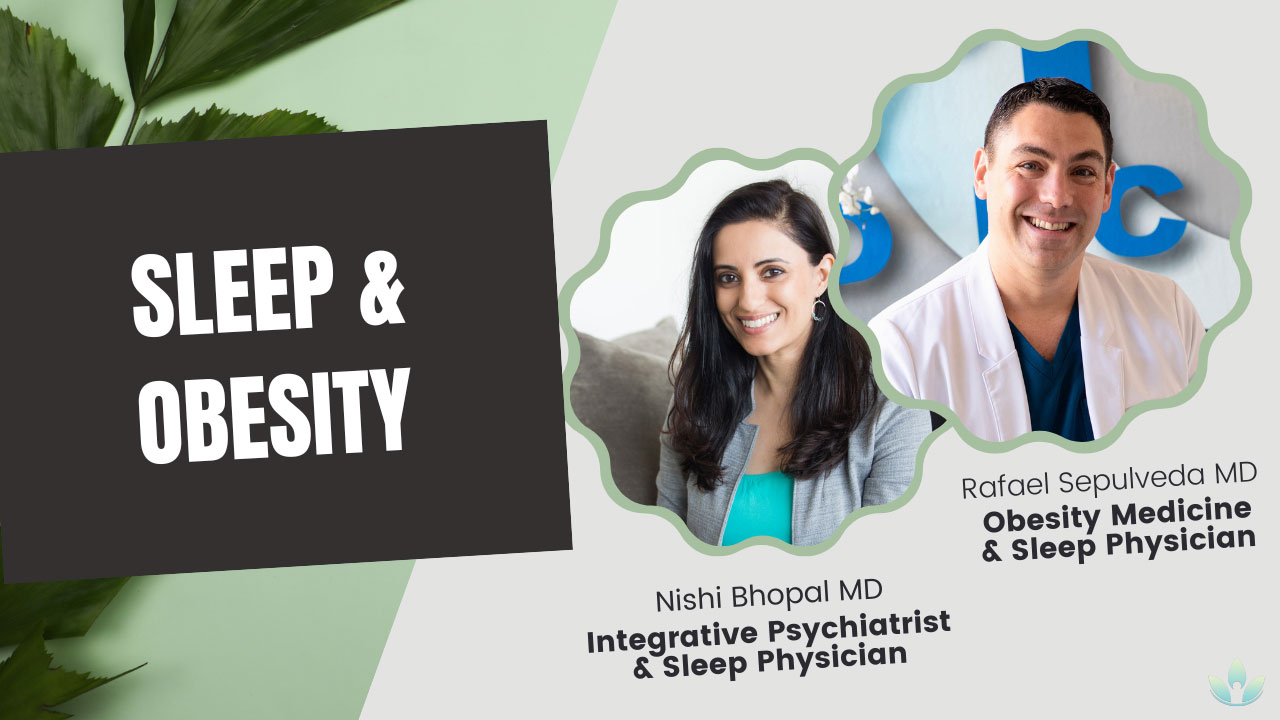
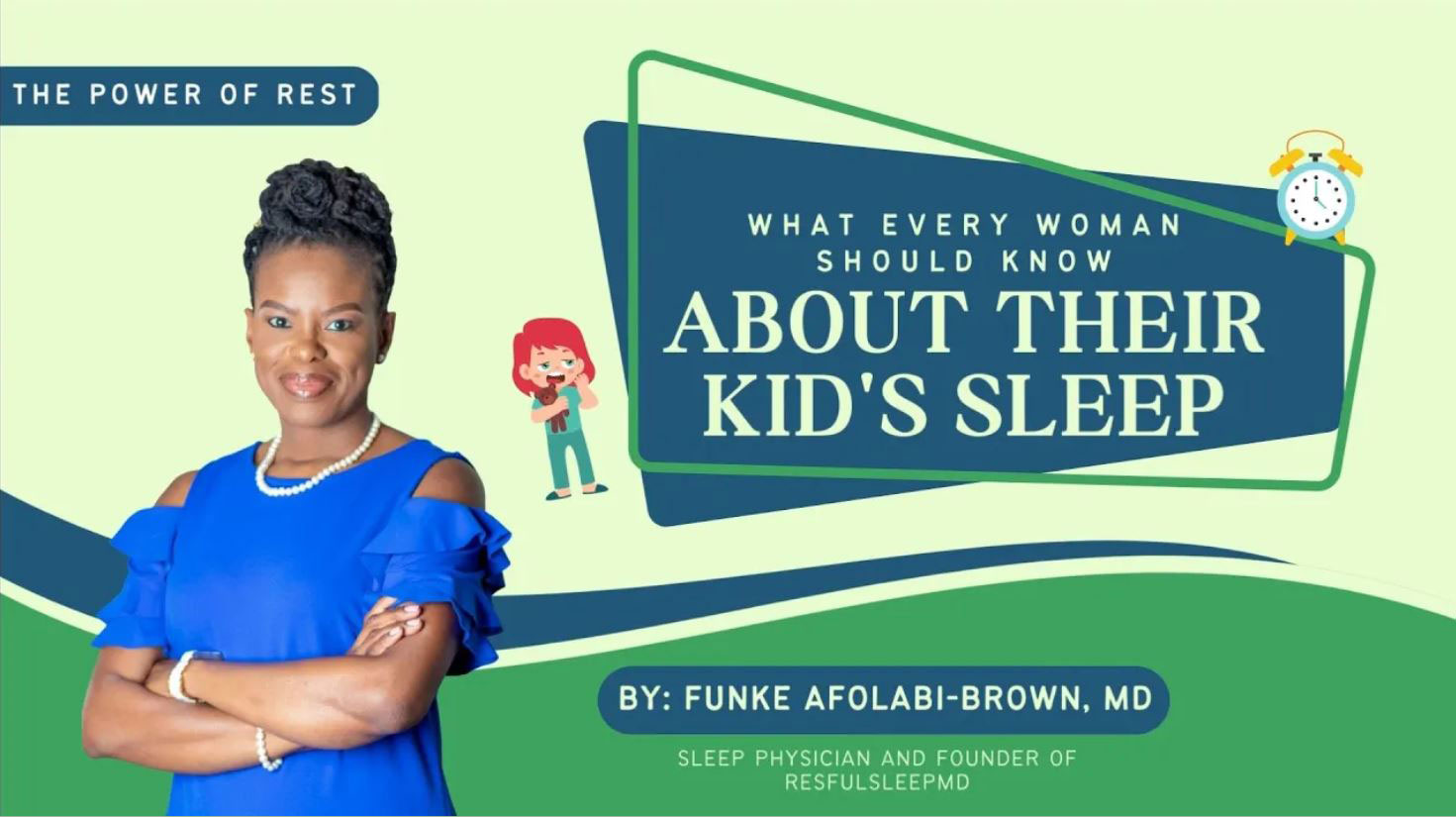
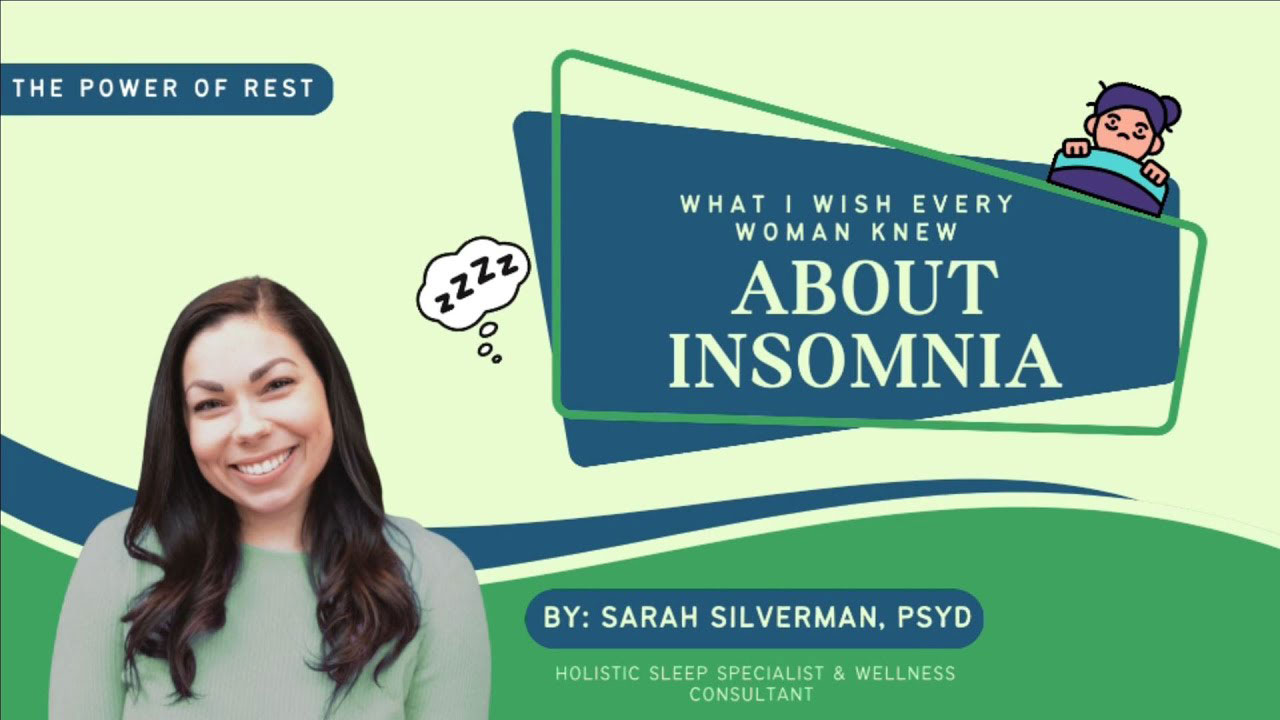
Recent Comments